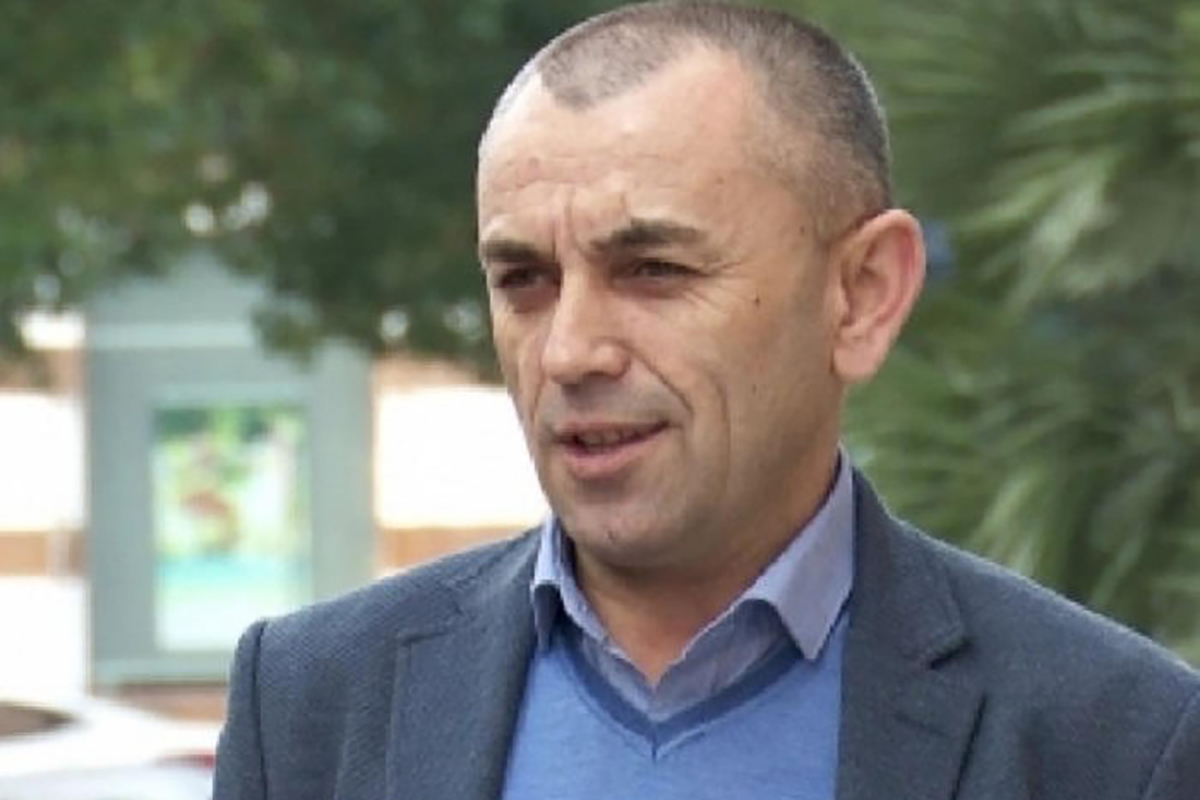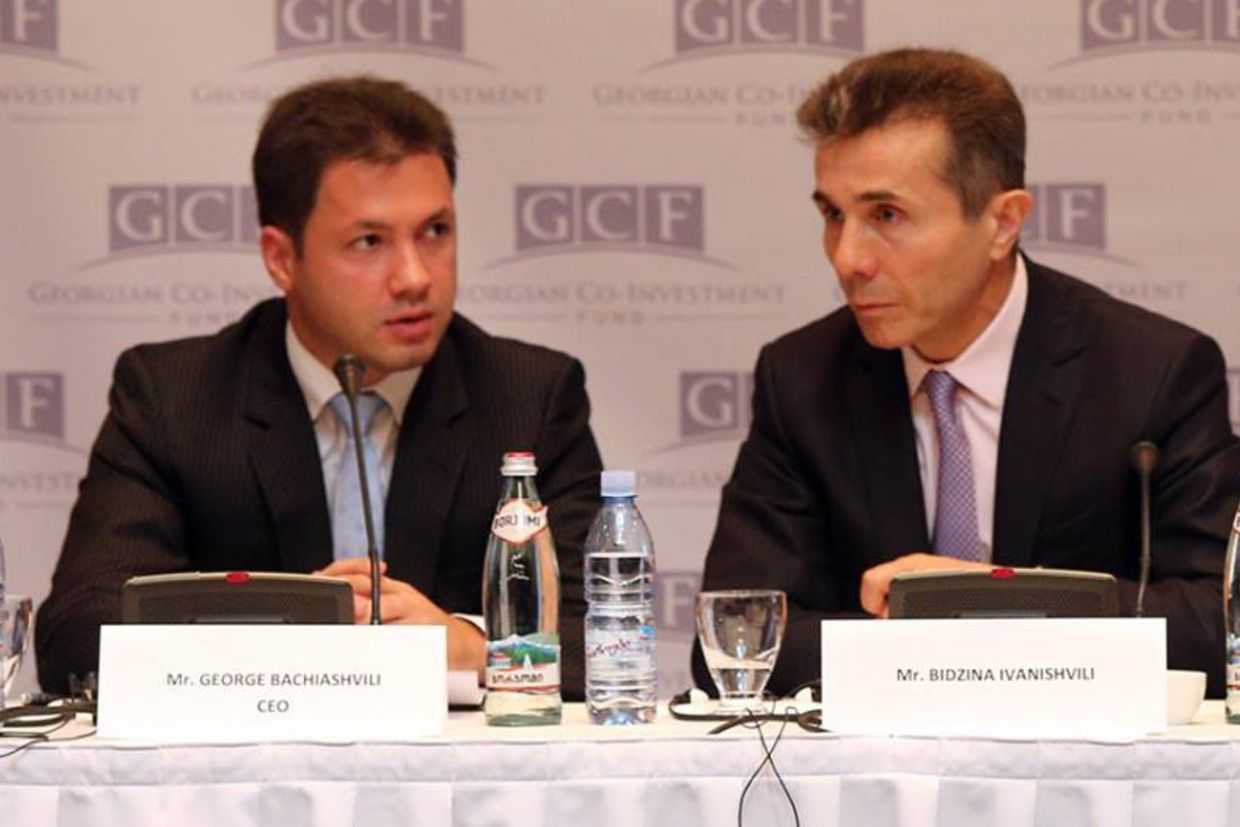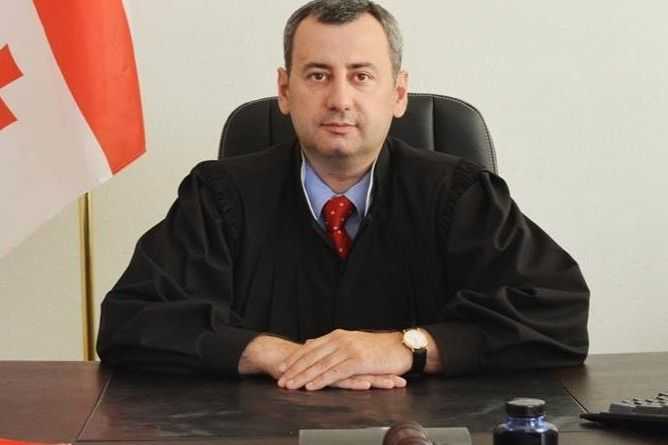

A 19-year-old student at Batumi’s Shota Rustaveli State University has accused her lecturer, a member of the City Council, of sexual harassment. Omar Makharadze, who taught Municipal Law, has since been fired from the university and has left the ruling Georgian Dream Party faction on the council.
The allegations were first reported on 21 May by Batumelebi, which quoted the student, who asked not to be identified, as saying that Makharadze had demanded she send him ‘daring selfies’, as if ‘she was at the beach’.
‘At first, he texted me on facebook. He was just asking how I was and I answered politely. Then he sent me a picture of himself and asked me to send back one of me. He asked if I would dare to send “daring selfies” ’, she said.
She said she tried to refuse his requests as politely as possible but that he was persistent. According to Batumelebi, Makharadze sent two pictures during the conversation — the first of his clothed upper body and the second of a man’s crotch with the outline of an erect penis visible through the trousers.
The student alerted the university administration and the police. The Interior Ministry has opened an investigation for ‘coercion into sexual intercourse’, which is punishable by a fine or up to three years in prison.
Makharadze responded by claiming that his Apple iCloud account had been hacked, labelling the allegations a ‘provocation’ and speculating that somebody had stolen his identity.
‘I have noticed for the last week that my Facebook had been hacked. I couldn’t go to an IT specialist due to a lack of time as there were elections. I have a suspicion of who might be behind this and they will get the response they deserve’, he told local station TV 25.
The chairman of the Shota Rustaveli State University’s disciplinary commission, Anzor Beridze, disputed Makharadze’s claims, telling journalists that ‘there is evidence that leaves Makharadze’s claims about his Facebook being hacked, under a major question mark’.
On 28 May, the disciplinary commission ordered that Makharadze’s contract be terminated, and the next day the university confirmed he had been fired.
The previous day, Makharadze announced he was standing down as head of the Legal and Procedural Commission of the Batumi City Council and leaving the Georgian Dream faction to sit as an independent councillor.
‘Courage’ in coming forward
On 23 May, the student was offered legal assistant by prominent local human rights group the Georgian Young Lawyers Association (GYLA).
Two days later she refused GYLA’s help and hired a private lawyer, Zaza Papidze.
Papidze told journalists that his client did not rule out the possibility that Makharadze’s iCloud was hacked as ‘this could be a political attack or the interest of political parties’.
When asked why her client turned down GYLA’s assistance, Papidze said that ‘there have been attempts from certain political parties and GYLA to manipulate the issue between the student and the lecturer’.
On 25 May, the student sent an open letter to Tamar Chugoshvili, the first deputy chair of parliament, asking for help.
‘I’m addressing you as a woman, an influential politician, the chair of the Gender Equality Council. I’m asking you to follow the developments in this case, to get involved as much as possible. I believe that the truth will be found’, the student wrote.
In a statement on 28 May, Parliament’s Gender Equality Council thanked the student for her ‘courage’ in coming forward and said that ‘those who are ready to speak up openly about sexual harassment should not be left with the feeling of vulnerability’.
‘The government has already created an efficient mechanism against sexual harassment. As a form of discrimination, sexual harassment is banned by Georgian law and an appropriate punishment has been determined for harassers. Sexual harassment in an educational facility harms not only an individual victim but the whole process and the community as a whole’, the statement said.
On 3 May Georgia’s parliament adopted a bill outlawing sexual harassment, levelling fines against those found guilty of unsolicited ‘sexual behaviour’.
The bill introduced amendments to several laws, including the labour code.
One-hundred-and-two MPs voted in favour of the bill, with none opposing it.
‘Now we have a definition of sexual harassment in a Georgian law, in line with provisions of the Istanbul Convention’, Dimitri Tskitishvili, an MP from the ruling Georgian Dream Party and one of the authors of the bill told TV channel Imedi after the vote.
[Read more about the sexual harassment law in Georgia on OC Media: Georgia outlaws sexual harassment]
Sexual harassment in the spotlight
Since 2018, a number of high profile accusations have led to widespread discussion about sexual harassment online and in the media.
On the same day that the law against sexual harassment was adopted, Georgian weightlifter Tatia Lortkipanidze announced that she planned to sue the Georgian Weightlifting Federation and its head coach, Temur Janjgava, for ₾110,000 ($41,000) for sexual harassment and discrimination.
Lortkipanidze accused her coach of frequent sexual harassment and said she had paid a price for speaking up about the harassment publicly, including being blocked from participating in the European championships.
[Read more on the story: Georgian weightlifter sues coach for sexual harassment]
In 2018, accusations of sexual harassment against two high profile men made headlines in Georgia after a number of women publicly came forward.
In March of that year, at least 10 women accused Zviad Devdariani, the former head of local NGO CiDA, of sexual harassment or sexual assault. The women came forward after Devdariani was nominated for a spot on the Public Broadcaster’s board of trustees.
Devdariani denied the allegations against him, claiming to be the victim of a plot to discredit his professional reputation.
Devdariani initiated legal action against 11 people in June for ‘violating his honour and dignity’, including media personalities, politicians, and women’s rights activists.
On 2 November, the Public Defender’s Office said they had found that Devdariani sexually harassed three women; inquiries into claims by two others were terminated due to a lack of evidence.
[Read more about Devdariani’s case on OC Media: Georgian Public Defender: Devdariani sexually harassed three women]
Also in March 2018, the chair of Georgia’s Public Registry, Papuna Ugrekhelidze, resigned after two former employees accused him of sexual harassment.
A report by the Coalition for Equality, a bloc of local rights groups, documented a number of accusations levelled against Ugrekhelidze.
‘The head of the Public Registry would call the accusers offensive nicknames. The head of the Public Registry would tell others that the accusers were his “squirrels”, that he had sex with them, and that he could fire them anytime as he had hired them’, the report said.
In June 2018, Ugrekhelidze sued both women for insulting his professional reputation.
[Read more about Ugrekhelidze’s case on OC Media: Two women suing former Georgian Public Registry head for sexual harassment]
In January 2018, Tatia Samkharadze, a former employ of TV channel Imedi, won a landmark case against her former boss Shalva Ramishvili. Tbilisi City Court obliged Ramishvili to pay her ₾2,000 ($740) in compensation.









